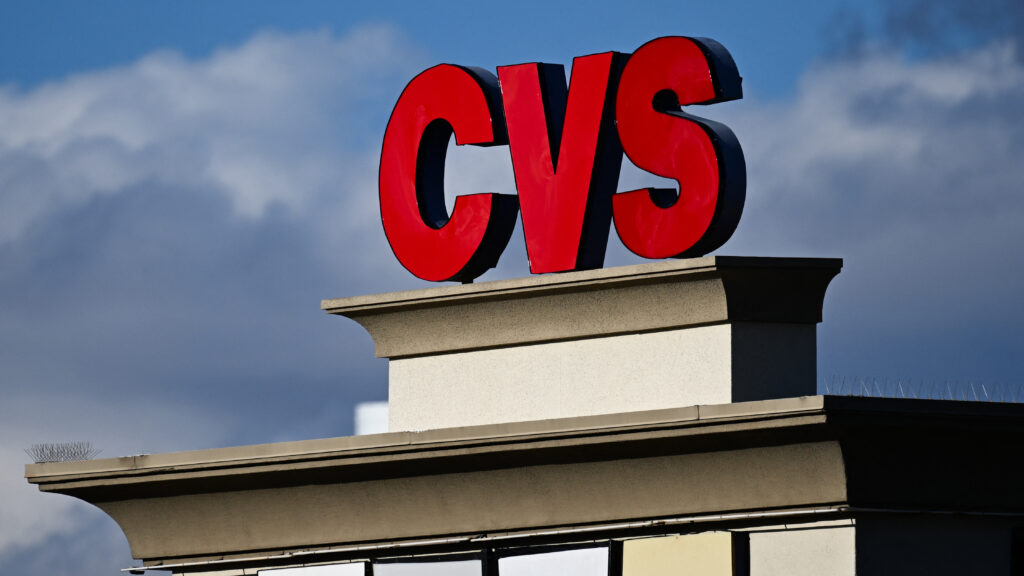CVS Health said Monday that it will lay off about 2,900 people amid pressure from investors to cut costs and improve its financial performance. And more dramatic changes could be coming soon.
A spokesperson for the health care giant, which has long been based in Woonsocket, R.I., and operates health insurer Aetna in Hartford, confirmed the cuts, which will primarily fall on corporate roles. Late Monday, news service Reuters reported that the company is considering an even bigger move — splitting its pharmacy chain and its insurance business — though no final decisions have been made.
advertisement
A spokesperson declined comment to Reuters on a potential breakup, but did confirm the layoffs to the Globe, saying they were part of a $2 billion cost-cutting plan designed to improve the company’s financial performance. The job cuts will be companywide, “not isolated to a single corporate office or state,” the spokesperson said, and amount to less than 1 percent of the company’s headcount.
“Our industry faces continued disruption, regulatory pressures, and evolving consumer needs and expectations, so it is critical that we remain competitive and operate at peak performance,” the company said in a statement. “Before taking this step, we prioritized finding cost savings everywhere we could, including closing open job postings. Decisions on which positions to eliminate were extremely difficult and do not diminish the value that impacted colleagues have brought to the company.”
More details on the layoffs will likely come next week when the company expects to file notices with state labor departments.
advertisement
The Reuters report, which cites “people familiar with the matter,” details a far more aggressive move, effectively undoing CVS’s 2017 takeover of Aetna, which today generates roughly one-third of the company’s revenue. CVS’s board is considering spinning out two publicly traded companies, though it has not yet decided on a course of action.
The news comes the same day as CVS executives met with investor Glenview Capital Management on how to improve operations after a long drop in share value. Glenview founder Larry Robbins has amassed a large position in CVS, The Wall Street Journal reported Sunday, citing unidentified people close to the matter. CVS represents about $700 million of Robbins’ $2.5 billion fund, one of the people told the Journal.
The diversified health care company has been facing stiff challenges in its drugstore chain as well in the Aetna health insurance arm, with shares losing 45 percent of their value since their most recent peak in February 2022. In August, CVS cut its 2024 earnings forecast for the third straight quarter amid rising costs of patient care for the insurance unit.
CVS is likely to “sharpen its focus on near-term wins and to be more decisive on communicating its strategy with Robbins now publicly involved,” Bloomberg Intelligence analyst Jonathan Palmer said in an email. “The challenge is these are highly regulated businesses where changes happen relatively slowly due to contracting. There isn’t a quick fix that will make CVS more competitive overnight.”
Rising medical costs have been affecting companies throughout the insurance industry, including Humana Inc. and UnitedHealth Group Inc. CVS started a multiyear effort to cut $2 billion in expenses as health care expenses soar in the Aetna unit. The unit also took a recent hit when Medicare, the US health program for the elderly, lowered quality ratings for one of its national health plans, reducing reimbursement levels.
Brian Kane, who had headed the insurance unit, departed in August after less than a year in the role. Chief executive Karen Lynch and chief financial officer Tom Cowhey have taken over his duties while CVS searches for a successor. Lynch has been looking to diversify into businesses such as the Oak Street chain of clinics for Medicare patients.
advertisement
Meanwhile, it’s become harder to turn a profit in the front of the store for both CVS and its rival Walgreens Boots Alliance Inc. The overall drugstore business has been suffering amid cost pressures and increased competition from online companies and discount giants.
CVS has consolidated its business by closing unprofitable stores, which has impacted its store footprint. This means there are fewer CVS stores where shoppers can buy, which pushes traffic back to their competitors who are “aggressively flexing their muscles in the health and wellness space,” said Amar Singh, a senior director at the retail consulting company Kantar Group Ltd.
Material from Globe wire services was used in this report. This story originally appeared in STAT’s sister publication, The Boston Globe.

